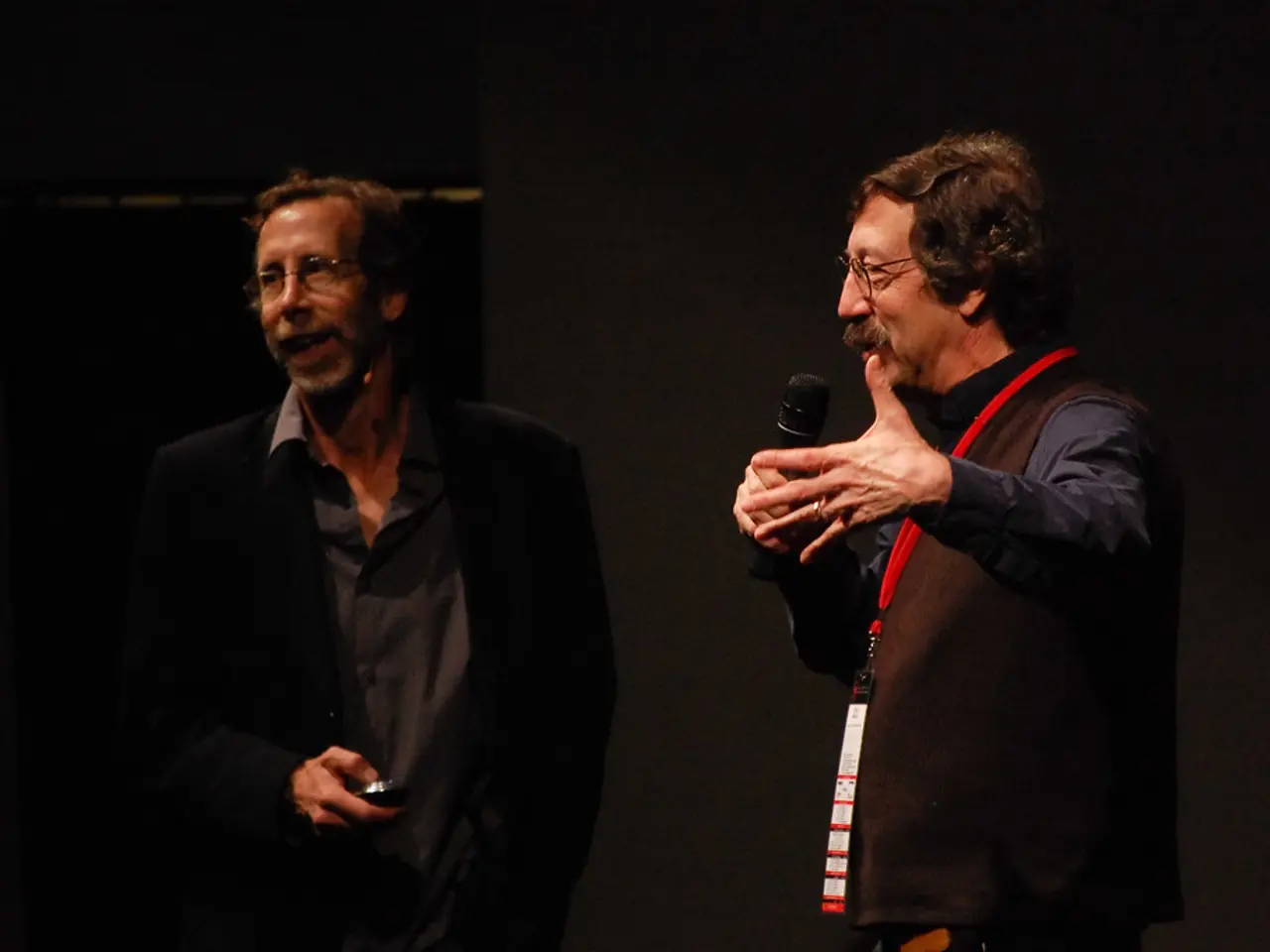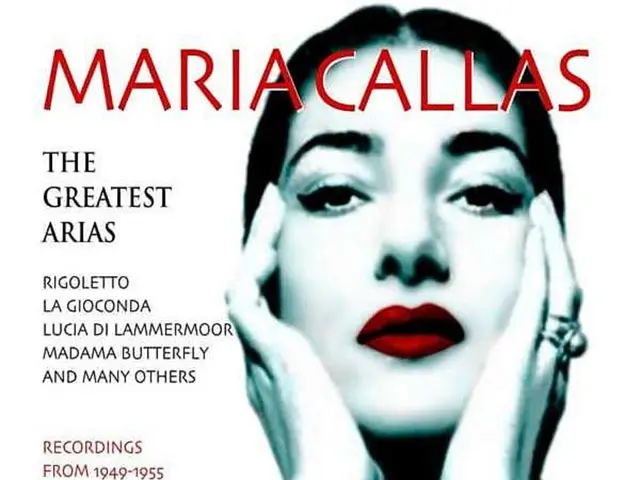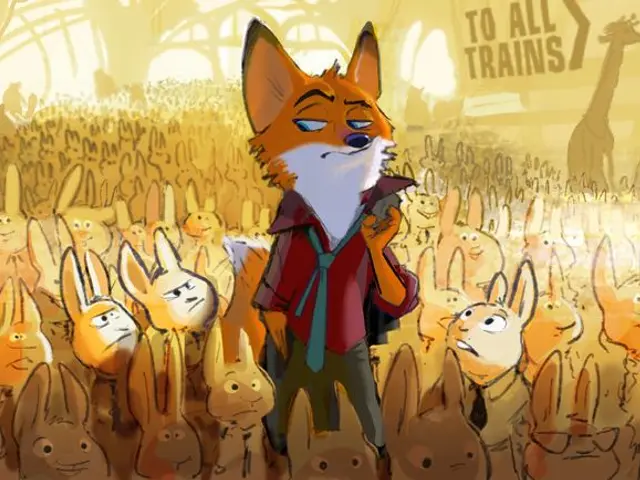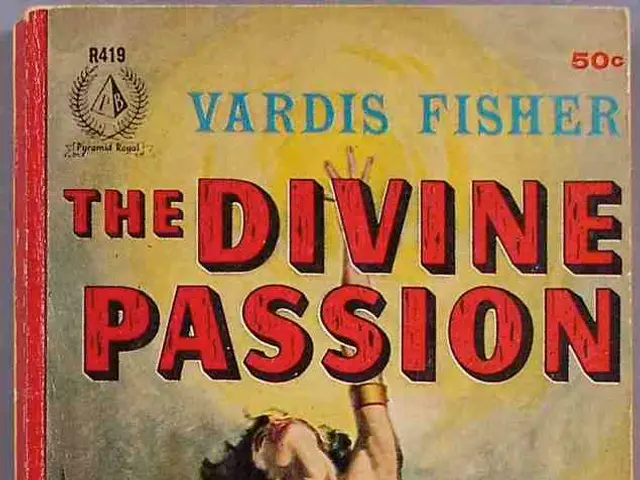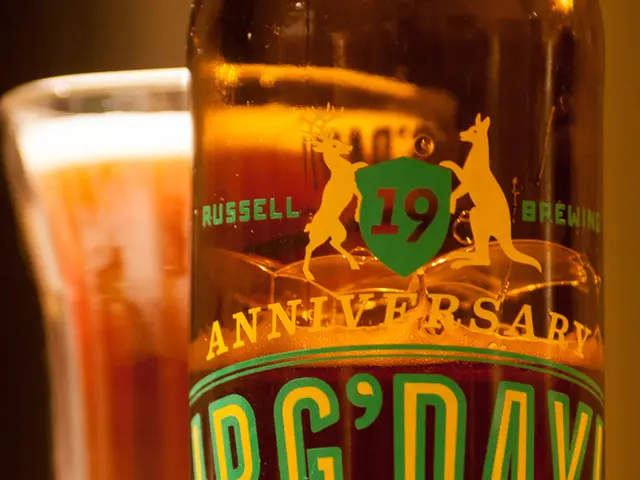Exploring the Comedy of 'Manitu': Is There a 'Humor Barrier' That Allows Laughter? - Film's Humorous Aspects: A Discussion on the Amusing Manitu Movie
David Baum writes:
The much-anticipated sequel to the 2001 comedy hit "Der Schuh des Manitu" ("Manitou's Shoe") is finally here. "The Canoe of Manitu" is a 2025 German film that continues the story of Abahachi, the Apache chief, and his white-blood brother Ranger as they face new challenges involving the legendary "Canoe of Manitu" and a rising gang.
This film series originated as a parody of the 1960s Winnetou Westerns, which themselves were German adaptations of Native American stories. The original 2001 film was a major box office success and developed a lasting pop-cultural footprint in Germany.
However, the question of cultural heritage and offensive stereotypes is complex. The original film and its sequel use Native American characters and tropes comedically, which has historically risked reinforcing stereotypes. Yet, the new film includes real Apaches speaking their language in the finale and credits a language consultant, which shows some effort towards respectful cultural representation.
Despite these efforts, the film also relies on historically dubious dialects and comedic caricatures typical of parody, so it has faced criticism and ambivalence in Germany's evolving cultural climate around sensitivity and representation. The timing of filming during ongoing cultural debates highlights the challenges of balancing comedy, homage, and respect for Indigenous cultures in a modern German film context.
Michael Bully Herbig, the director of "The Shoe of Manitu", is a smart filmmaker and a master of his craft. In "The Canoe of Manitu", Herbig has outsourced stereotypical figures, letting the affected groups make jokes about themselves. This approach is evident in the finale, where members of the Apaches give a speech that is ostensibly directed at the film characters but is clearly directed at the German debate.
Vince Ebert, a former moderator of an ARD science magazine and now woke-critical comedian, shares his memories of playing cowboys and Indians during his childhood and youth in the 1970s and 1980s. TikToker Tutty Tran, a German-Vietnamese, makes a guest appearance in "The Canoe of Manitu" and makes jokes about his father.
The main message of the finale in "The Canoe of Manitu" is to encourage relaxation and acceptance. The debate over the film was postcolonial in nature and centered around whether the costume as a cliché of a North American indigenous person belongs to German cultural heritage or should be removed.
The growing number of comedians who complain about a restriction of their artistic freedom is a problem, according to Ebert. In his new book "Wot Se Fack, Germany?", Ebert laments less about the impositions of a politically correct society than he regrets them.
In conclusion, "The Canoe of Manitu" builds on a legacy of German Western parody rooted in cultural caricature but tries to introduce more authentic elements while still primarily targeting comedy. It remains a popular cultural phenomenon but reflects ongoing tensions in German cinema about offensive stereotypes and cultural heritage when portraying Native American characters.
Read also:
- Roosting Shark and Rambunctious Red Squirrels: Unconventional House Rental in Yorkshire Involving Aquatic Marvel, Squirrely Mayhem, and Mystical Planning Regulations
- Love, Work, and Friendship Harmonies between Aries Signs
- "Primal instincts at play: Subnautica 2 designer notes our affinity for weapon-making stems from a fundamental desire for protection and sustenance"
- Dragon Age series might find a promising future with remasters, according to ex-BioWare producer Mark Darrah, but it seems unlikely that EA and BioWare possess the capability for such undertakings at present.
